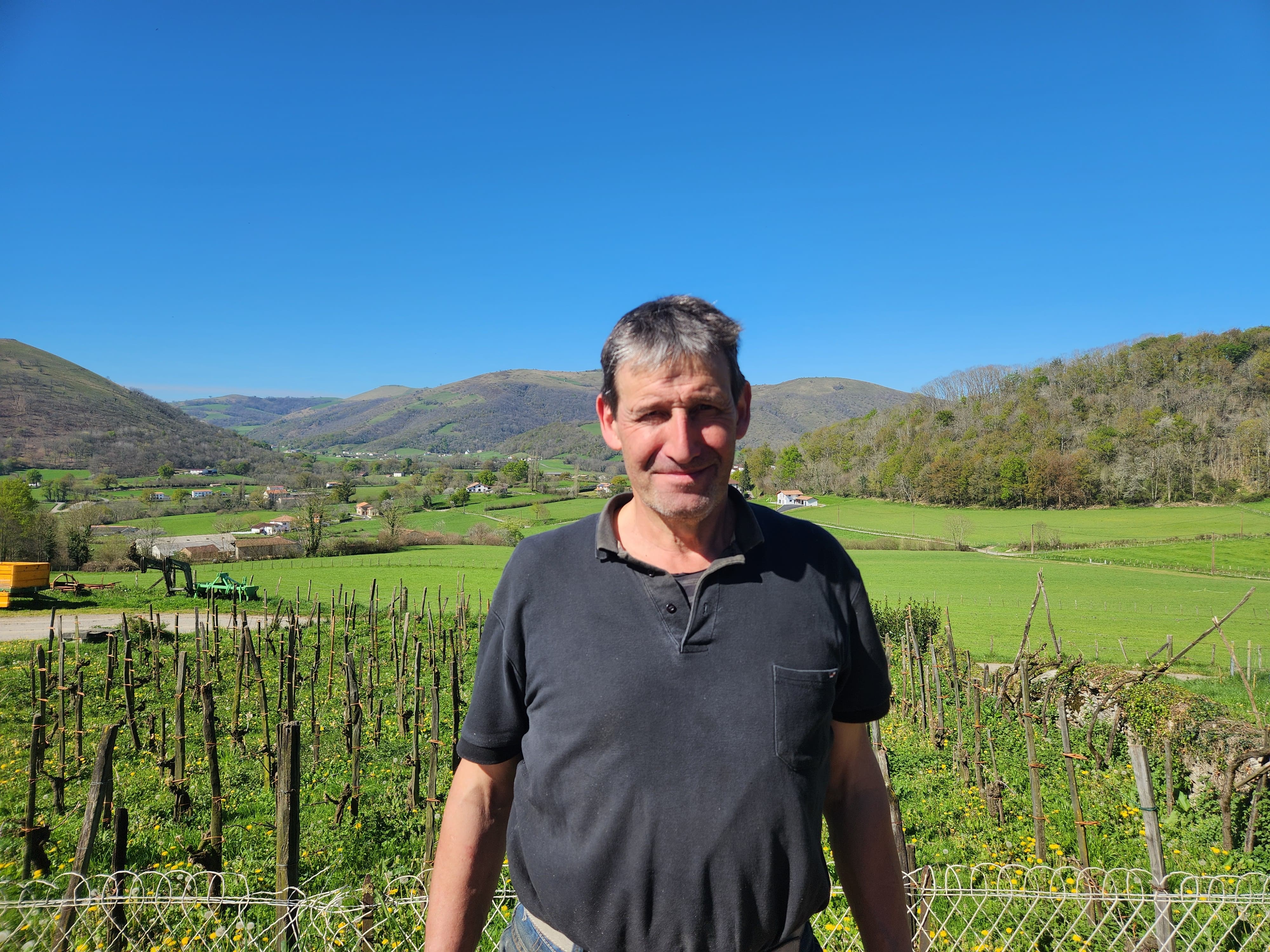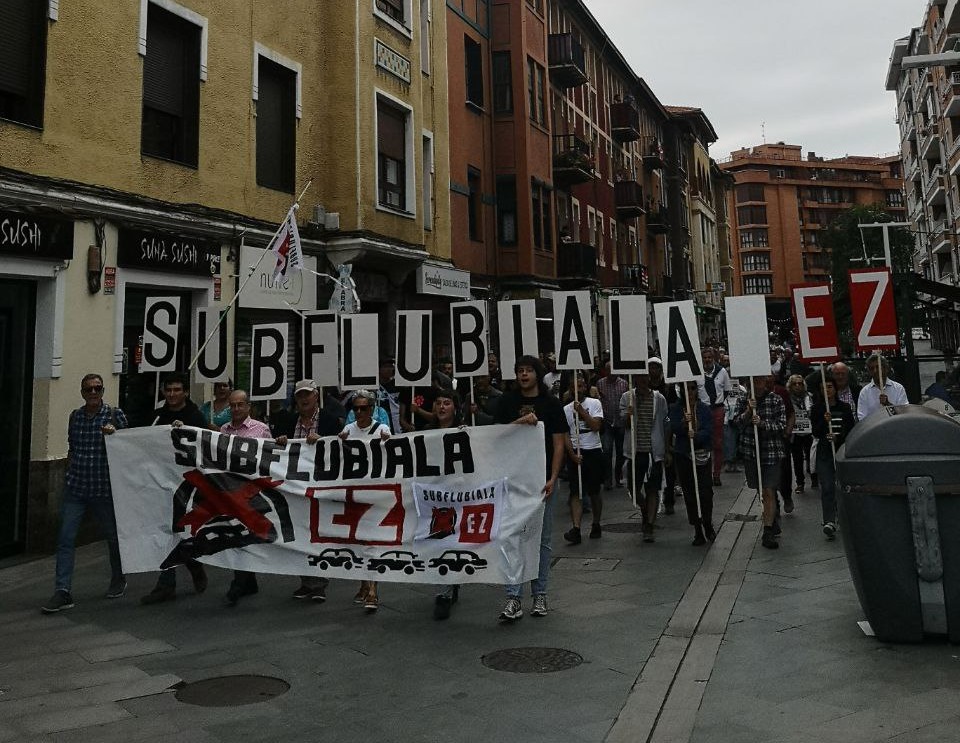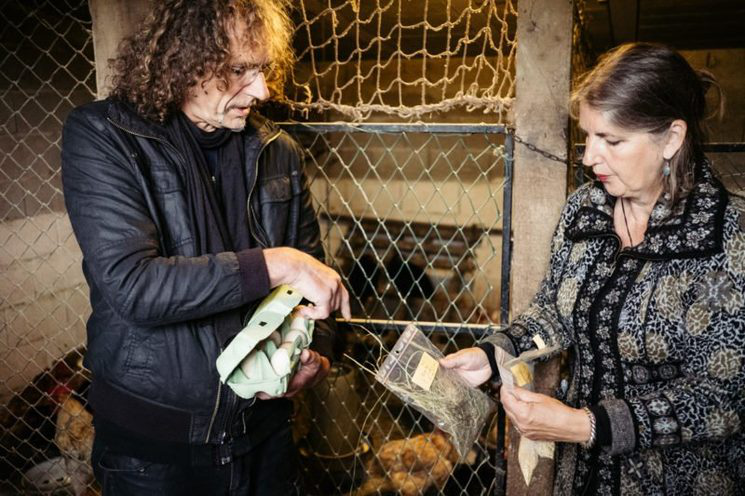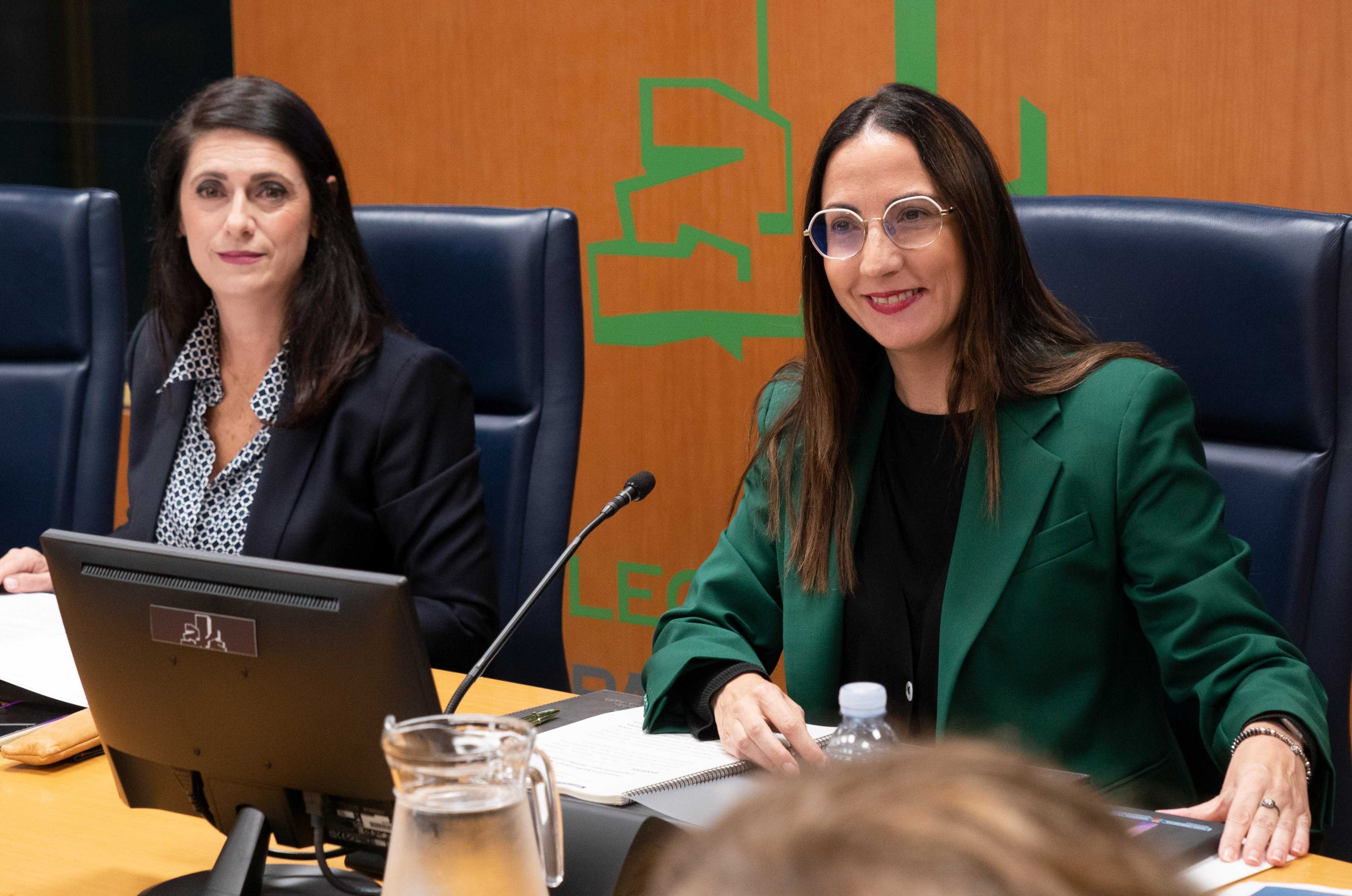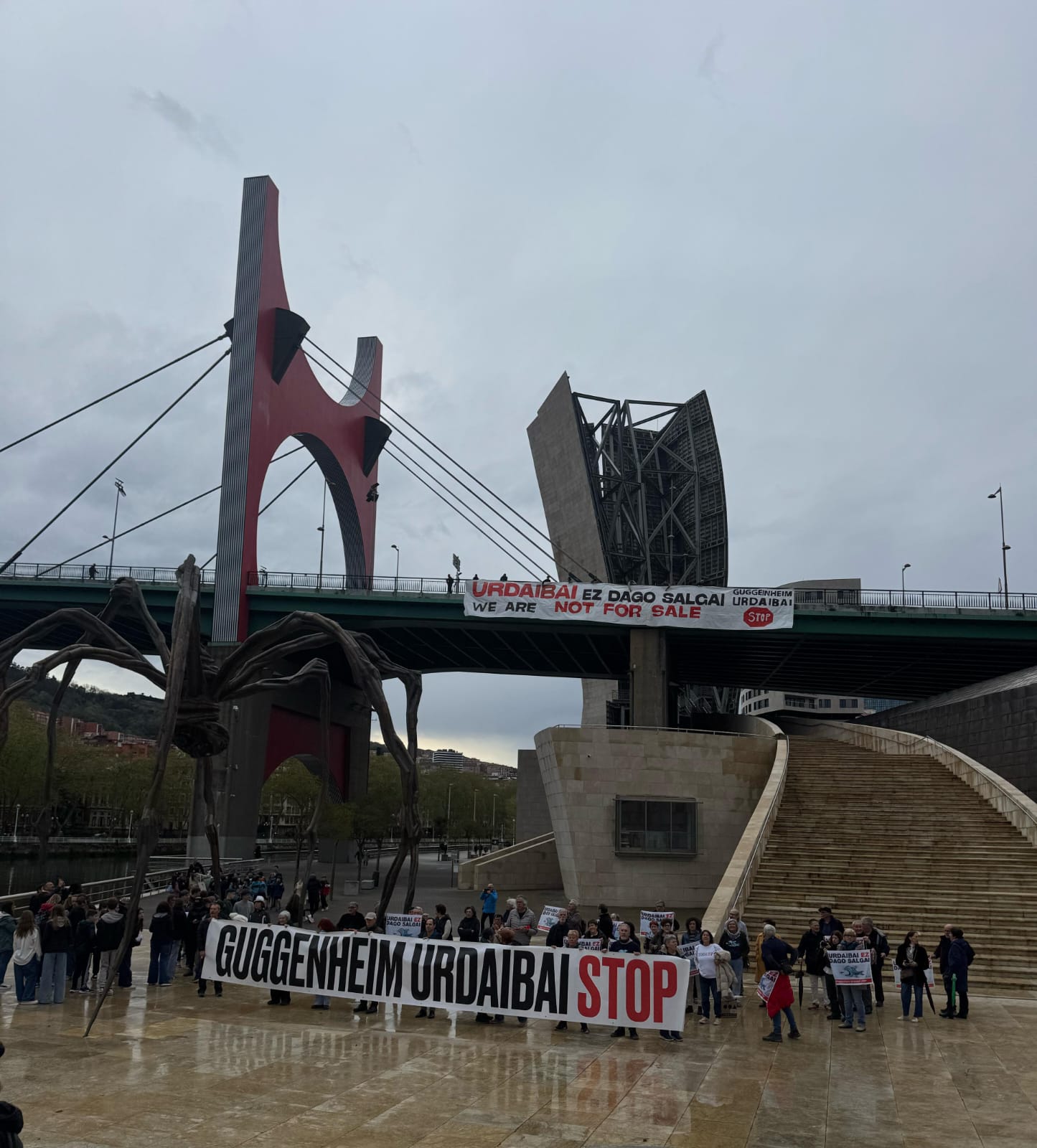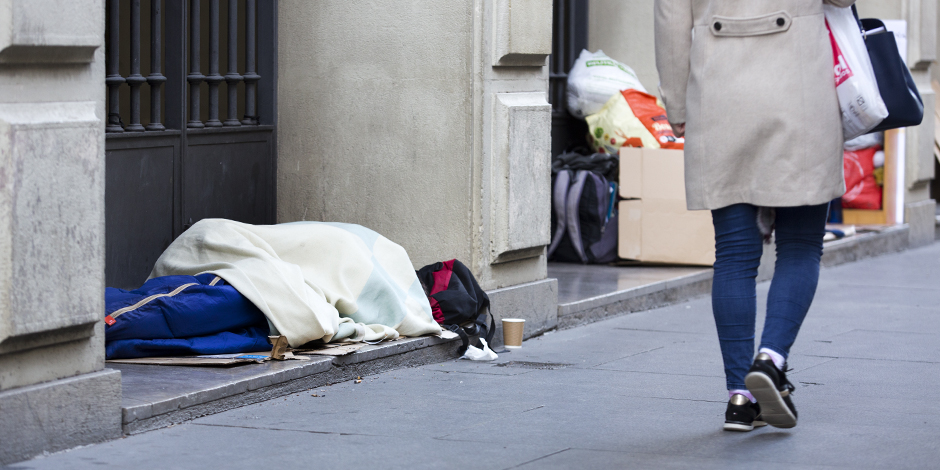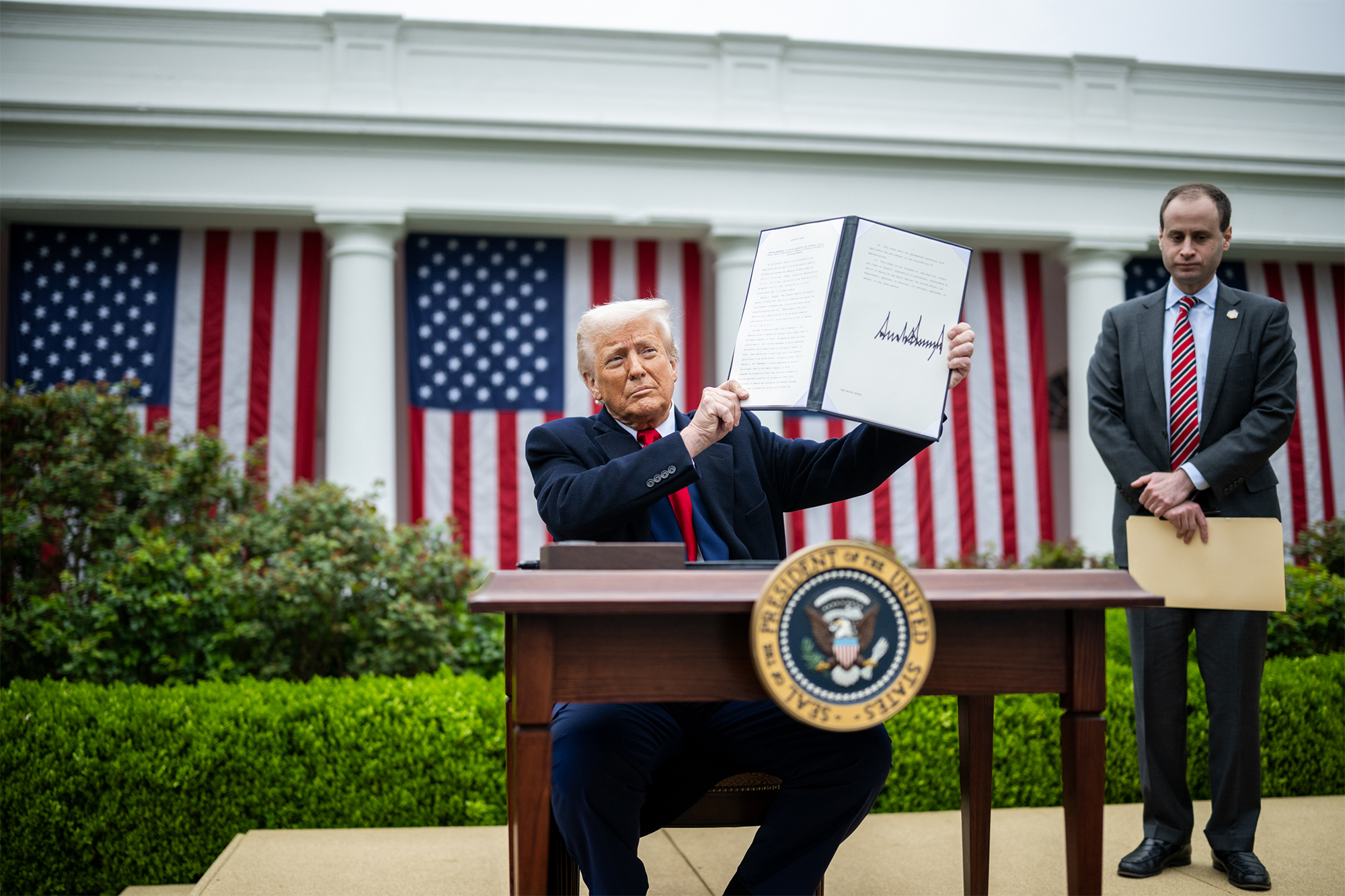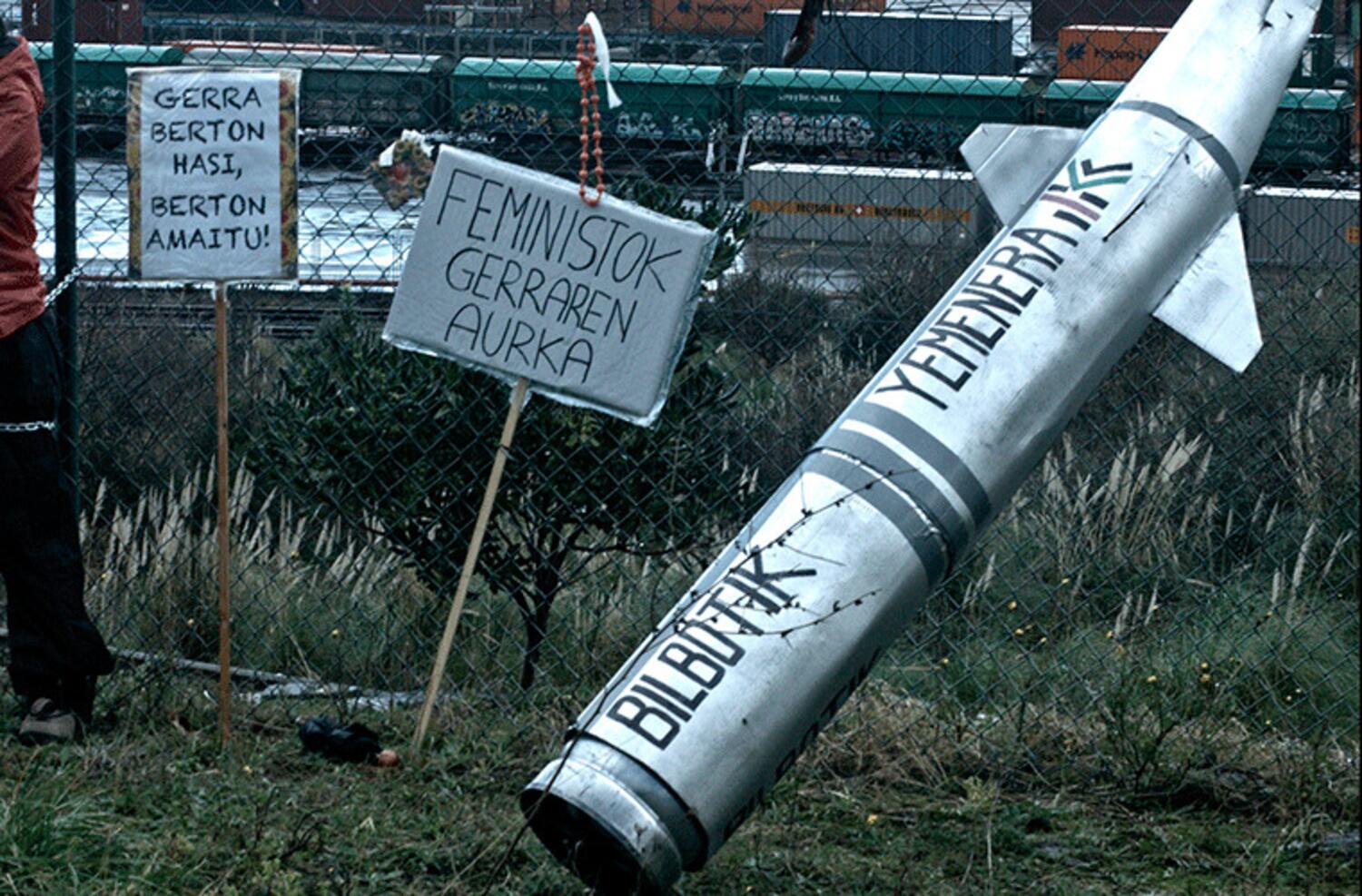The Egyptians demand bread: they lack oil
- Hillary Clinton, the foreign minister of the power that would remotely want to manage Egypt’s transition, has said it is forming a “perfect storm” in the Middle East unless its leaders can demand that the people implement social and political changes. Among the important components of this storm are food and oil.
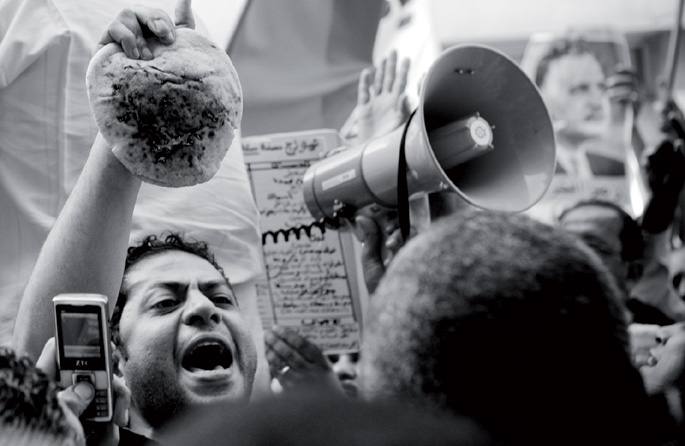
The protester wears bread in more than one photo from Egypt. A stick that looks irritated with the hand or a cake that fits in the form of a cap on the head. Later came the political demands and the requests for the resignation of the obsolete president. Political leaders are now beginning to embark on a turbulent transition, unable to imagine how to reconcile the new political balance over 80 million with the geopolitical interests of the great powers.
The United Nations had announced that the increase in food prices should trigger hostilities. If the basic menu of most mundanes is made up of wheat, corn, soybeans, sugars, oils and dairy products, their prices broke the records of the last twenty years. Wheat increased by 43% in 2010, maize by 60% and sugar by 77%.
Most African countries are now forced to import food. They are the Arabs, led by Egypt, the largest wheat importers in the world. Is the carioca of wheat such a big deal? I'm sure they will if, as in Tunisia, Algeria and Egypt, a family needs half its income for food.
Inflation can change habits, as well as ways of eating. At the tables of many Egyptian families, the fruits and the meat are becoming more and more rare. Forget the fish. In return, the poor man’s food: bread in the loaf.
But it will be easier for the Egyptians to get rid of Mubarak than to control food prices. Food and raw materials in general have long been the subject of speculation in the stock markets of the world, while in Chicago in the United States. If you ask someone to “give us today/daily bread”, to hedge funds and investment funds, you have to beg the great financial apostates. And they're not for sale.
Incidentally, the Maghreb authorities control the prices of bread and the most basic foodstuffs by means of subsidies. In 2010, however, many of them have found greater impossibilities than expected to sweeten the population by distributing panem et circenses. For what reason?
In the blog Our Finite World, Gail Tverberg gives an answer to the energy crisis that almost nobody else has taken into account. Tverberg is also one of the editors of The Oil Drum, a space and thought factory (the association’s motto is: “Discussing Energy and Our Future”). So you know something about the oil shortage.
Tverberg recalls that the Egyptian government had previously announced that it needed to reduce food subsidies. After thousands of citizens protested on the streets, he promised to maintain food subsidies and increase energy subsidies.
However, to keep their word, the Cairo authorities have a serious problem:Public finances are unbalanced. Basically because this year or the year that comes later, Egypt will no longer have oil to export.
Food Linked to Oil
By the time Mubarak began to decline, Egypt was already involved in Peak Oil. The problem for the Egyptian economy is not only that they produce less and less oil there; the fact is that at the same time oil consumption has continued to rise without mercy. That’s why Tverberg is confident that this year Egypt will move from being an oil exporter to an importer.
Cairo paid several subsidies with taxes on the oil it exported, essentially to keep the prices of basic foodstuffs low. It also contributes financially to the fuel consumed there. Now, in addition to the disappearance of these sources of income, it has to pay much more for the fuel introduced from the outside.
According to the CIA's database - the CIA World Fact Book - the debt of the Cairo government is equal to 80% of the Gross Domestic Product that Egypt generates. With the decline of oil and its derivatives, your finances will become even more unbalanced. As if that were not enough, the crisis has led to a decrease in traffic in the Suez Canal, another of the main sources of income of the state.
However, population growth has not slowed by 2 per cent per year for three children per woman. There are fewer and fewer fields to feed the 80 million Egyptians who are today, because of the violent urbanization the Nile Valley has been filled with bitumen and asphalt in a few years. Everything that is not a riverbank has long been deserted.
Egypt imports 40 per cent of the food it eats and most notably 60 per cent of the wheat. Where and at what price? This year the wheat fields in the world have given a mediocre harvest. It is also used for biofuels in many places. The population continues to grow. The Green Revolution, which was seen decades ago in agriculture, based on irrigation and chemical fertilizers, has given the best. Add to all this the increase in the price of oil transport and the pressure of speculators, and everything is said about the increase in the price of food.
“But why do the problems in Egypt have such a violent impact on the rest of the world?” asks Gail Tverberg, who then anticipates her answers. One reason is that more Arab countries are living under similar pressures. “Food is getting expensive everywhere. Many poor people need 50% or more of what they earn to eat, and any chariots for them become a real problem. Many citizens end up living under oil and food subsidies. If they disappear or don’t rise enough to match the price of imports, they are in a hurry.”
Secondly, Europe is looking at the Suez Canal with concern. An average of one million barrels of oil pass through Europe every day. This is only one of the ten million barrels that Europe consumes in itself, and not everything stops in Europe, but goes to the Americas as well. But with the oil thirst that we all live in today, the fact that 5% or 7% of supplies are at risk prevents sleep.
On the other hand, with globalization the world economy is organized in a just in time system, the stocks of many companies are very small, in part the warehouses are road trucks and ships in tide. If the Suez Canal were to be closed, the Pakebots would have to spend longer days on the shores of Africa, but these new waterways would not only have to dissipate more fuel but also be organised.
What about Egypt? Europe and the US are watching the Suez Canal, the Islamists and Israel. What about Egypt? In Morocco Mohamend VI.ak increases subsidies for wheat, oil, sugar, gas and gasoline. Just in case.
Euskal Herriko Laborantza Ganberak hogei urte bete ditu. 2005ean sorturik, bataila anitzetatik pasa da Ainiza-Monjoloseko erakundea. Epaiketak, sustengu kanpainak edota Lurramaren sortzea, gorabehera ainitz izan ditu hogei urtez. Asteburu honetan, urteroko besta antolatuko dute... [+]
A few weeks ago, on Diputación Street, in the centre of Vitoria-Gasteiz, two men threw a homeless person off the small landing outside the place where he slept. In addition to being thrown away, a metal railing was immediately placed in front of the lonja. Although the place... [+]












